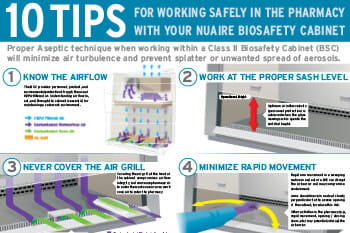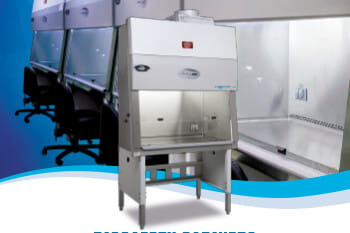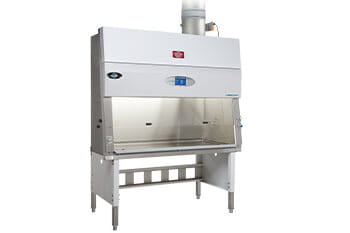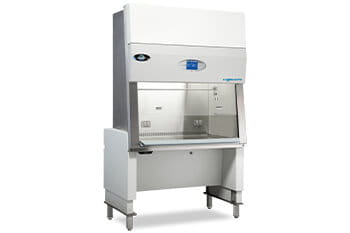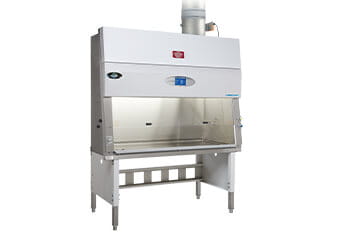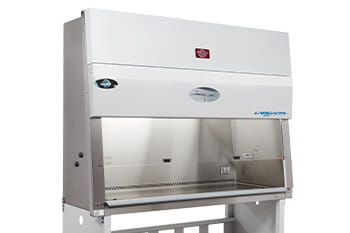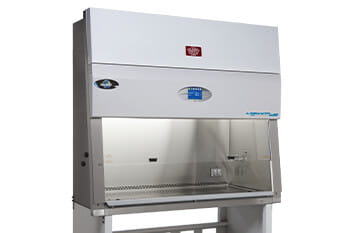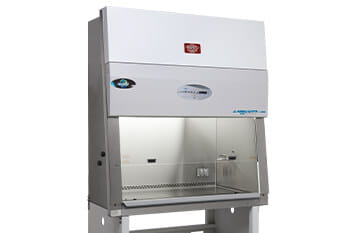
 White Paper
White Paper
Biosafety Cabinet Selection in the Context of Risk Assessment


Why Risk Assessment Should Guide Biosafety Cabinet Selection
Choosing a biosafety cabinet (BSC) isn't just about picking a model — it's about matching the right equipment to the real risks of your work. Conducting a risk assessment ensures that your BSC choice addresses agent hazards, procedural risks, and facility needs to keep personnel, research, and the environment safe.
Inside This White Paper: What You’ll Learn
Authored by biosafety expert Julianne L. Baron, Ph.D., CPH, RBP, this white paper explains:
- How to conduct a biological risk assessment for new or evolving lab activities
- How biosafety levels and risk groups inform containment and equipment needs
- Which BSC class and type — including Class I, II, or III biosafety cabinets — best align with your risk control strategies
- Critical differences between BSC types like A2, B1, B2, and C1 when dealing with chemical use, airflow, and lab infrastructure
- When to involve facility design considerations — view more in our biosafety cabinet installation guide
Building an Evidence-Based BSC Selection Process
This guide shows you how to incorporate engineering controls, such as BSCs, into a multi-layered risk mitigation strategy. It connects to broader biosafety cabinet resources like our Class II BSC Guide eBook and our Biosafety Cabinet Buying Guide — essential tools for planning your equipment strategy based on your unique risk profile.
Support Your Lab's Long-Term Biosafety Success
Risk assessment-driven BSC selection doesn’t end at installation. The white paper also addresses maintenance, certification, ergonomics, and adapting your biosafety cabinet setup over time — concepts that align with broader planning strategies like ergonomic and workflow analysis for BSC use.
Pair this guide with NuAire’s Biosafety Cabinet Brochure to explore how different models can fit into your risk mitigation plan effectively.
Download the Full White Paper
Make evidence-based decisions for safer science. Download NuAire’s expert guide to biosafety cabinet selection and risk assessment today.





